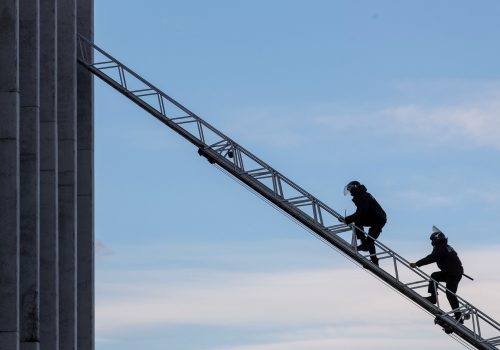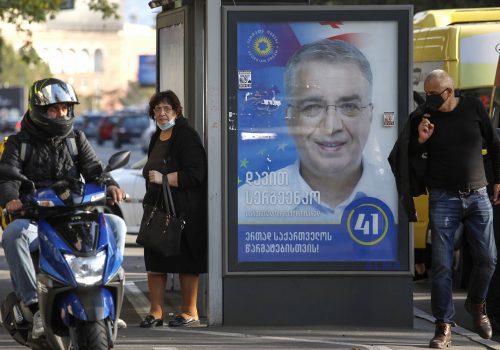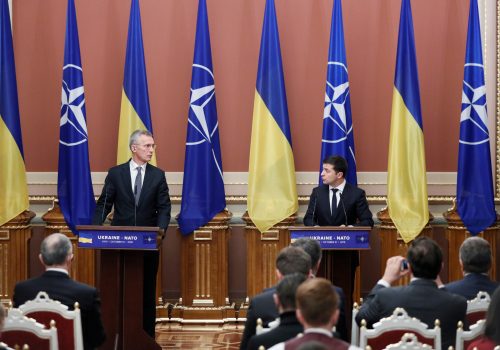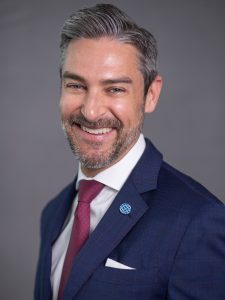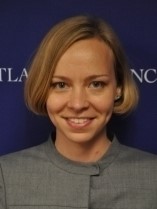Georgia once again faces a political crisis. On February 23, Georgian police broke into the offices of the United National Movement (UNM) opposition party to arrest UNM leader Nika Melia on what his team says are politically motivated charges. Melia was arrested shortly after former Georgian Defense Minister Irakli Garibashvili assumed the office of prime minister—after his predecessor, Giorgi Gahkaria, resigned over plans to arrest UNM leader Nika Melia. After protests broke out over the arrest, Garibashvili issued a statement proposing that “all reasonable opposition forces enter parliament so that we may use the country’s legislature as the main platform for discussion.” Melia’s arrest is the latest in a series of political disputes in Tbilisi, stemming from last fall’s parliamentary elections. International observers called the elections flawed but ultimately legitimate. Many opposition groups, including UNM, rejected the results as fraudulent and have refused to take their seats in parliament despite the urging of the Parliamentary Assembly of the Council of Europe (PACE) that they take their seats in the Georgian parliament.
How dangerous is the current political situation in Georgia? And what can be done to deescalate the current tensions and ensure Georgia’s democratic future remains secure?
Damon Wilson, executive vice president of the Atlantic Council, will provide welcome remarks. Dr. Nino Evgenidze, executive director of Economic Policy Research Center, George Kent, deputy assistant secretary at the Bureau of European and Eurasian Affairs at the US Department of State, George Khelashvili, member of the Georgian parliament and deputy chair of the Foreign Relations Committee, Ambassador Žygimantas Pavilionis, member of the Lithuanian Seimas and chair of the Foreign Affairs Committee, Ambassador Salome Samadashvili, member of United National Movement, and Terrell Jermaine Starr, senior fellow at the Eurasia Center join to discuss the latest political developments in Georgia. Ambassador John Herbst, director of the Eurasia Center, moderates.
RELATED experts

The Eurasia Center’s mission is to promote policies that strengthen stability, democratic values, and prosperity in Eurasia, from Eastern Europe in the West to the Caucasus, Russia, and Central Asia in the East.
